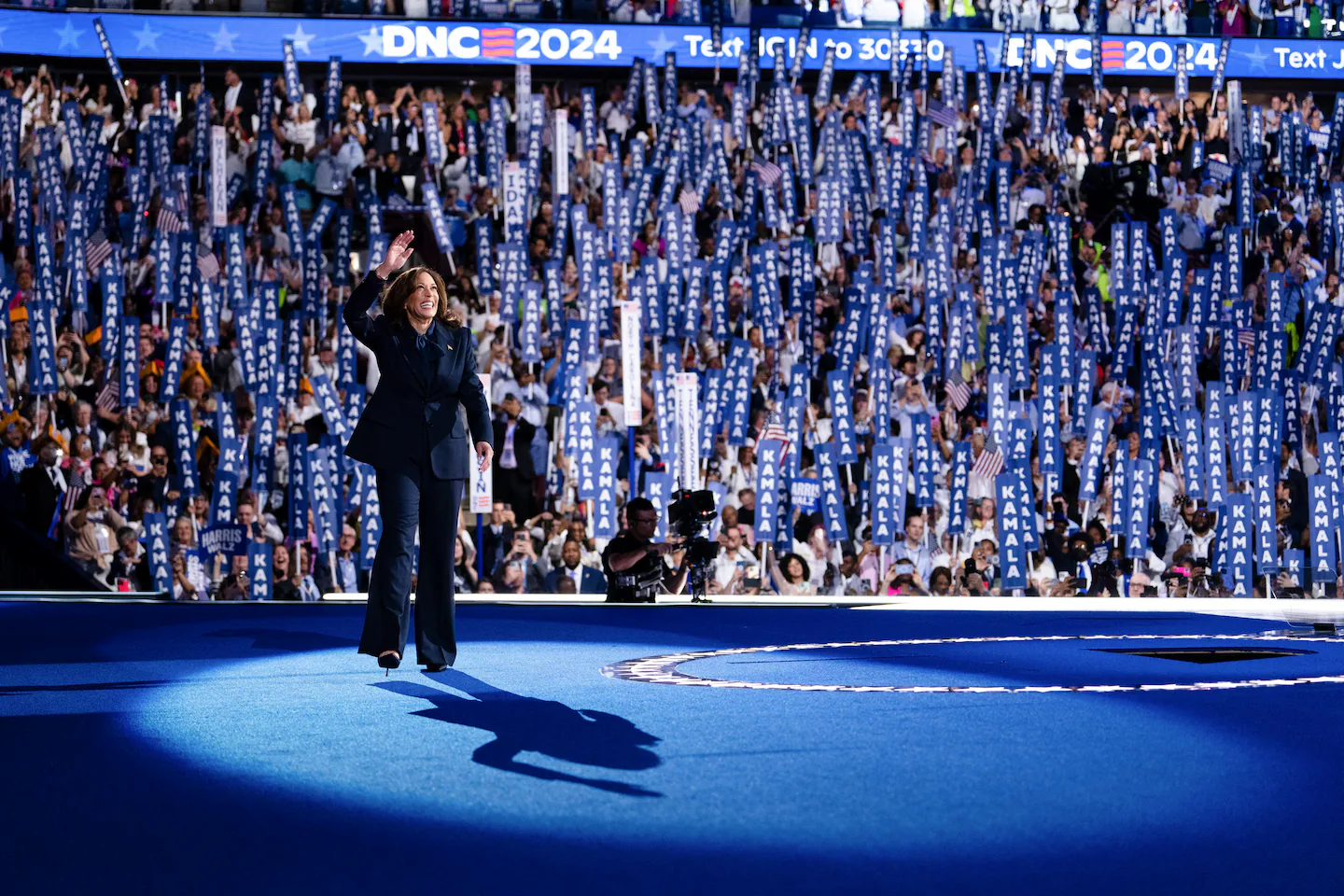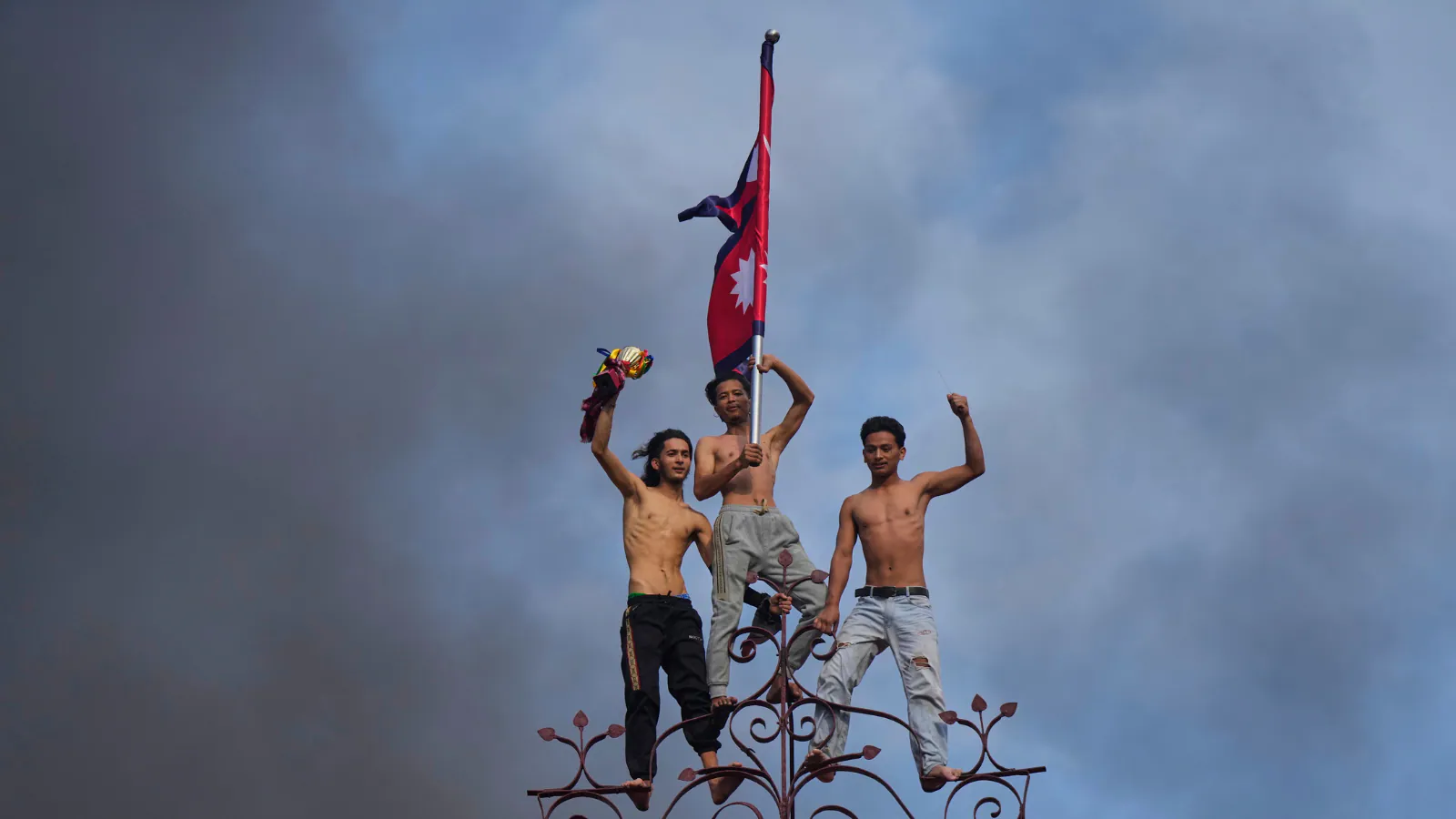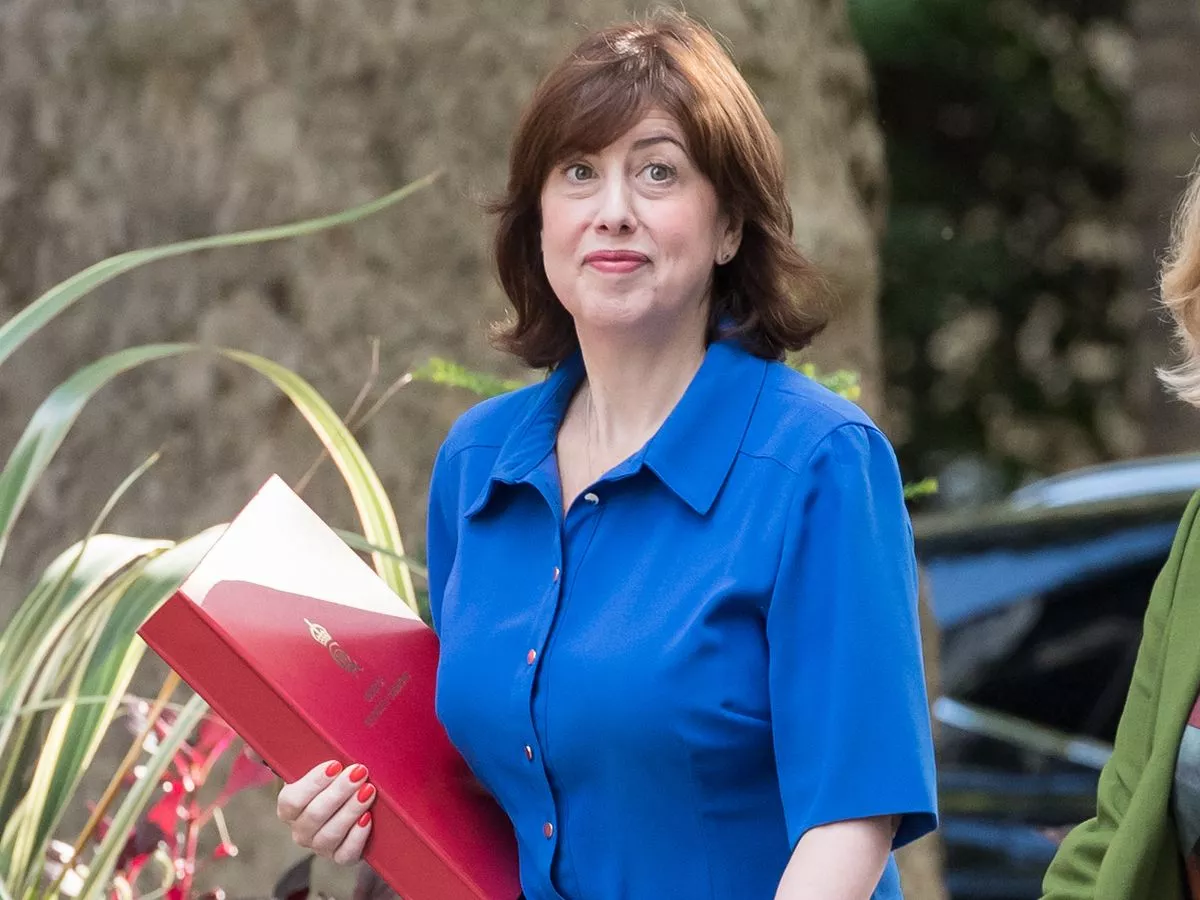
In the book, Harris was more interested in assigning blame to Trump for the current state of politics than to Biden, herself or other Democrats. And she left open the idea that she would return to politics in the near future.
Here are four takeaways from the book:
Trump can be solicitous when the cameras are not rolling, and Harris experienced this side of him on two phone calls she detailed in the book.
The first came after a man was arrested last September and charged with trying to assassinate the former president at his golf course in West Palm Beach, Florida. Trump had blamed the episode on the Harris campaign’s rhetoric. And a billionaire benefactor, Elon Musk, had publicly mused about why no one had shot Harris or Biden.
Still, Harris asked her staff to put her on a call with Trump.
“You’ve done a great job, you really have,” Trump told her. “My only problem is it makes it very hard for me to be angry at you. It’s like, what am I going to do? How do I say bad things about you now?”
“Well, then don’t,” she replied.
“I’m going to tone it down,” Trump said. “I will. You’re going to see.”
Trump then told her that his daughter Ivanka was a “big fan,” and asked her to say hello to her husband, Doug Emhoff, for him. Harris wrote that she did not fall for his magnanimity. “He’s a con man. He’s really good at it,” she wrote. “I’d readied myself for a phone conversation with Mr. Hyde, but Dr. Jekyll had picked up the call.”
She described one other call, the one in which she conceded the election to Trump — the phone call that he had never made to Biden, she noted. She wrote that she pleaded for him to work to bring the country together, and that she knew in the moment it was a lost cause.
“I am going to be so nice and respectful,” Trump said. “You are a tough, smart customer, and I say that with great respect. And you also have a beautiful name. I got use of that name, it’s Kamala.”
He pronounced her name correctly on that call, after mispronouncing it in public all through the campaign.
The White House did not immediately respond to a request for comment Thursday.
Harris, a longtime prosecutor, speaks often about the work she has done to correct injustice, and she has been clear about why she has done this work: “For the people” has been her campaign refrain.
But in the book, Harris did not lay out a forceful case for why she and others had not stepped in when it became clear how much the presidency was weighing physically and mentally on an octogenarian president. There was no conspiracy to cover up cognitive decline, she wrote — and if there had been, she would have publicly said so. But it was clear that Biden “got tired” and showed his age in “physical and verbal stumbles.”
She joined other Democrats who have since publicly said it was a mistake not to dissuade Biden from running. She wrote that it had become a “mantra” that the decision to run remained squarely with Biden and his wife, Jill. She delicately laid the blame at Biden’s feet.
“In retrospect, I think it was recklessness,” she wrote. “The stakes were simply too high. This wasn’t a choice that should have been left to an individual’s ego, an individual’s ambition. It should have been more than a personal decision.”
Harris wrote that she had a genuine rapport with Biden, and her personal reverence for him did shine through at several points. Her hurt and confusion were palpable when she recounted several things he did that she felt may have jeopardized her chances of beating Trump.
Minutes before she was to step onstage at a presidential debate in September 2024, she received a call from Biden. He relayed that his brother told him that she was bad-mouthing him, and that several “power brokers” in Philadelphia were threatening not to support her because of it.
Biden went on to insist that his own disastrous debate performance had not hurt him with voters, and that he had beaten Trump.
“I just couldn’t understand why he would call me, right now, and make it all about himself,” Harris wrote. “Distracting me with worry about hostile power brokers in the biggest city of the most important swing state.”
There are several scenes like this, in which Biden’s ego hurt her when Harris needed him the most. The day after she debated Trump, she watched as Biden donned a Trump hat during a visit to the Shanksville Volunteer Fire Department. (She watched the photo spread around the internet with the caption “Biden endorses Trump over Harris.”)
She struggled to balance her loyalty with Biden against her belief that Trump posed a dire threat to the country. Throughout the book, she wrestled with the choices she made not to separate herself from Biden. She likened an appearance on “The View” to pulling “the pin on a hand grenade,” suggesting that, in the moment, she did not grasp the level of animus the public had for an 81-year-old running for reelection.
A spokesperson for Biden did not immediately reply to a request for comment Thursday.
As a narrator, Harris told her story at a practiced remove, letting glimpses of an alternate future do the work.
Harris wrote that she would have chosen Pete Buttigieg, the transportation secretary under Biden, as a running mate. But she did not feel that the country was ready for a Black woman and a gay man to carry a ticket.
“He would have been an ideal partner,” she wrote, “if I were a straight white man. But we were already asking a lot of America: to accept a woman, a Black woman, a Black woman married to a Jewish man. But knowing what was at stake, it was too big of a risk.”
She walked the reader through the thought process of picking a running mate. She did not choose Sen. Mark Kelly of Arizona because she feared what the brutalities of a modern political campaign would do to someone she regarded as an “American ideal of selfless service.”
She added: “I couldn’t afford to test Mark Kelly in that ugly grinder.”
Gov. Josh Shapiro of Pennsylvania seemed more interested in defining the role for himself than helping her win, and she recounted Shapiro questioning an aide about the pieces of art he could use to decorate the vice president’s residence.
But she and her staff liked Gov. Tim Walz of Minnesota for his charm, and believed his background balanced hers. Throughout the book, she struggled to reconcile her personal affection for him with disappointment in moments she felt he stumbled. During a vice presidential debate against JD Vance, whom she called a “shape-shifter,” Walz began nodding along. Harris was aghast.
“You’re not here to make friends with the guy who is attacking your running mate,” she said to the television screen as she watched.
In passages that recounted the Trump campaign maligning her as a “DEI hire” and the former president questioning her race, Harris’ book showed the reader just how much had changed in the months after Trump took office.
She closed the book wondering if trying to bring change from within the system was enough: “I’ll be with the people, in towns and communities, where I can listen to their ideas on how we rebuilt trust, empathy and a government worthy of the ideals of this country.”
She wrote that it had been bittersweet to encounter people who had voted for the vision of America she had offered with her candidacy.
“We’d planned for everything, it seemed,” she wrote, “except the actual result.”



